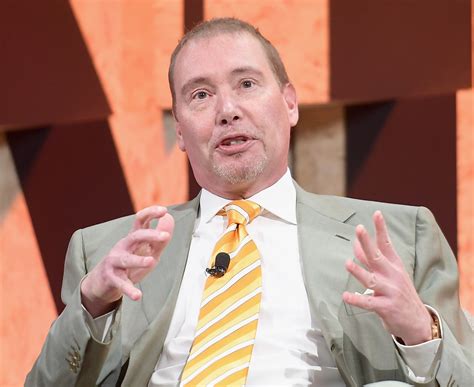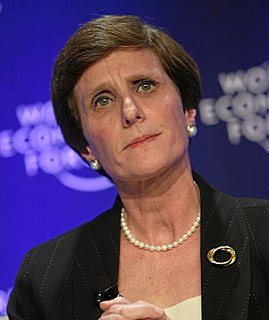A Quote by Larry Charles
Related Quotes
I'll tell what reckless is. What reckless is is calling [Bashar] Assad a reformer. What reckless is allowing Russia to come into Crimea and Ukraine. What reckless is is inviting Russia into Syria to team with Iran. That is reckless. And the reckless people are the folks in the White House right now. Barack Obama and Hillary Clinton are the reckless people.
I think that's something that investment banks have worried about for a long time and are continuing to worry about, but it's not an easy solution when you have lots of people betting the company's money, how do you really allocate those risks? How do you make sure that the people that take the risks are feeling the risks in an appropriate kind of fashion?
The thing is doing it, that's what it's all about. Not in the results of it. After all what is a risk? It's a risk not to take risks. Otherwise, you can go stale and repeat yourself. I don't feel like a person who takes risks. Yet there's something within me that must provoke controversy because I find it wherever I go. Anybody who cares about what he does takes risks.
The trouble is that the risks that are being hedged very well by new financial securities are financial risks. And it appears to me that the real things you want to hedge are real risks, for example, risks in innovation. The fact is that you'd like companies to be able to take bigger chances. Presumably one obstacle to successful R&D, particularly when the costs are large, are the risks involved.
At this stage in my career, I don't have to take any big risks. You want to take a calculated risk, not one that leads to people saying 'yes, but there was that one time when she made that big mistake.' It's always a shame when that happens, especially if you've gotten by for decades without anything hugely tragic.





































